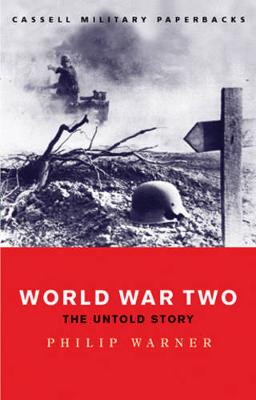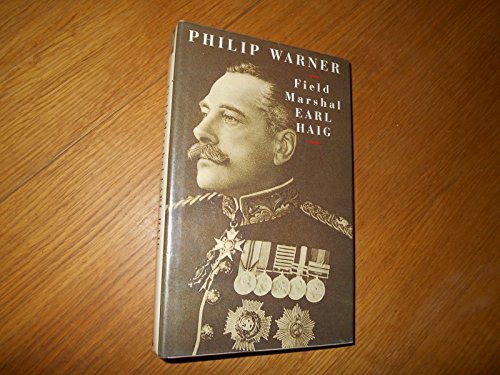Cassell Military Paperba
3 total works
Philip Warner's four volume battlefield series published between 1972 and 1975 covers all major battles in England and Scotland from the Anglo-Saxon conquest to the Jacobite risings of 1715 and 1745. It includes all the great medieval battles, the Wars of the Roses and the English Civil War. Concise accounts, written in Philip Warner's very accessible style, these are intended for the general reader as much as the specialist: a good introduction to British military history and a handy guide to keep in the car on holiday. The original volumes were: British Battlefields: The South, The Midlands and The North plus Scotland and the Border.
There are many histories of the Second World War. Some are almost too overwhelming in their detail; other are simply too sparse. Philip Warner's WORLD WAR II neatly bridges this gap. Warner writes fluently and has a confident grasp of detail. He paints a broad, busy canvas of what happened during the war and why: the political and strategic background to events is never left in doubt. There is cogent analysis of particular battles and campaigns, of why they succeeded or failed, but the narrative never bogs itself down in arid operational details. There are fascinating analyses of both electronic warfare and the importance to Allies and Axis of their hard-won intelligence. There is a real sense of what the war meant to both governments and to individuals on both sides. On the one hand, WORLD WAR II is an extremely useful primer. On the other, it offers new and considered insights into this vast conflict.
The commander of the British forces on the Western Front from late 1915 to the end of the First World War, Haig has been reviled and revered in equal measure. Often critical of Haig, Philip Warner's biography is nonetheless scrupulously fair. The portrait that emerges is of a flawed but courageous individual who almost certainly achieved as much as anyone could have done under the circumstances. Haig withstood the strain of high command at hideous personal cost and was ultimately ground down by the burden. As Warner reveals, Haig probably hastened his own premature death by the energy with which he dedicated himself to the welfare of his former soldiers.


